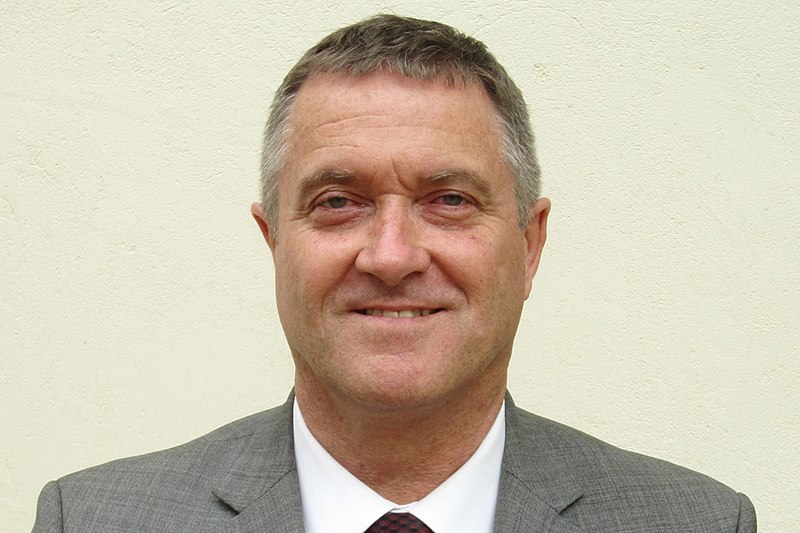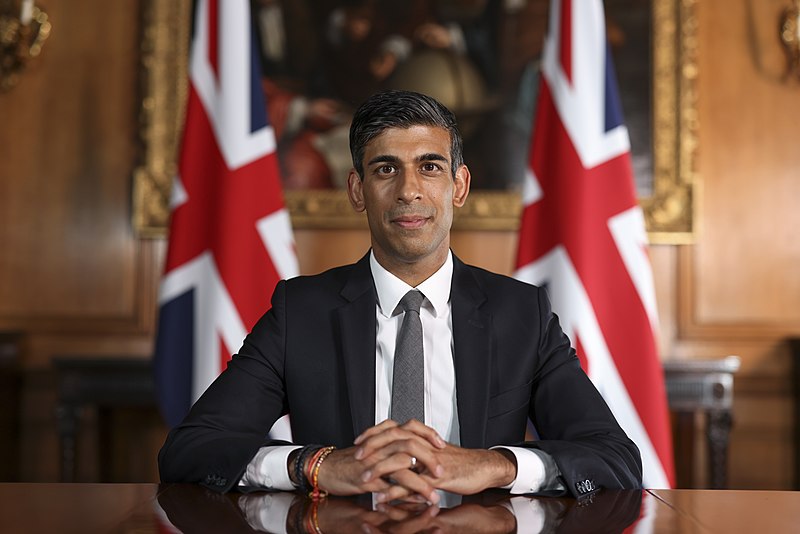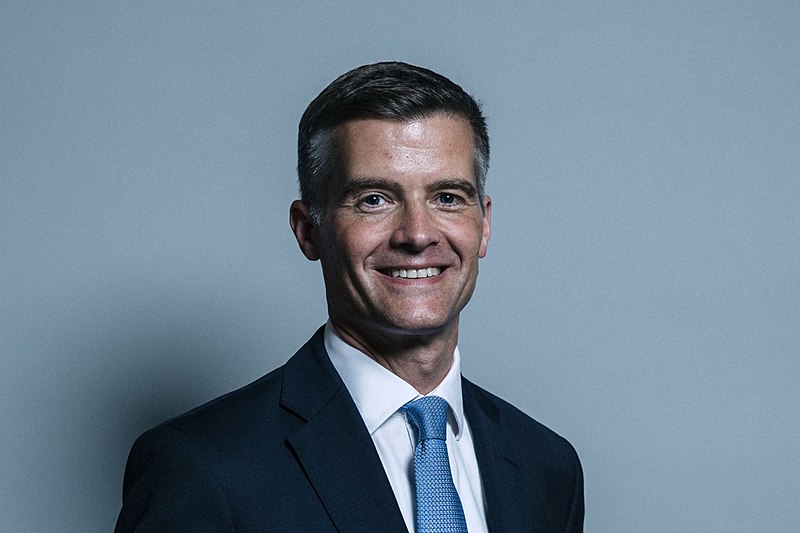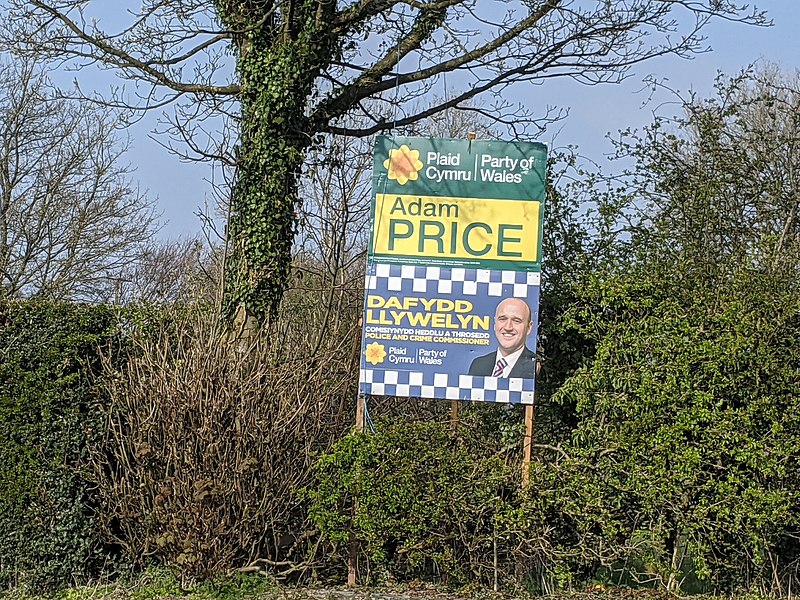
Culture
-
 King Charles and Queen Camilla host green carpet premiere at Windsor Castle for new Amazon prime film
King Charles, with Queen Camilla by his side, opened the doors of the longest-occupied castle in Europe for a sparkling evening at Windsor Castle, marking the premiere of ‘Finding Harmony –Read More...
King Charles and Queen Camilla host green carpet premiere at Windsor Castle for new Amazon prime film
King Charles, with Queen Camilla by his side, opened the doors of the longest-occupied castle in Europe for a sparkling evening at Windsor Castle, marking the premiere of ‘Finding Harmony –Read More... -
 Karen Newman appointed to sculpt Queen Elizabeth II for National Memorial in St James’s Park
Renowned British sculptor Karen Newman MRSS has been appointed to create a new sculpture of Queen Elizabeth II as part of the UK’s national memorial to the late Monarch, the QueenRead More...
Karen Newman appointed to sculpt Queen Elizabeth II for National Memorial in St James’s Park
Renowned British sculptor Karen Newman MRSS has been appointed to create a new sculpture of Queen Elizabeth II as part of the UK’s national memorial to the late Monarch, the QueenRead More... -
 UK government unveils £1.5bn culture investment to save 1,000 local venues and restore national pride
The government has announced a landmark £1.5 billion investment in arts, culture and heritage, pledging to safeguard more than 1,000 local venues across England and reverse years ofRead More...
UK government unveils £1.5bn culture investment to save 1,000 local venues and restore national pride
The government has announced a landmark £1.5 billion investment in arts, culture and heritage, pledging to safeguard more than 1,000 local venues across England and reverse years ofRead More... -
 Museum of Oxford reveals 2026 programme focused on community stories, talks and events
The Museum of Oxford has unveiled its 2026 programme, setting out a year of talks, tours and hands-on events that place local people and shared histories firmly centre stage. The newRead More...
Museum of Oxford reveals 2026 programme focused on community stories, talks and events
The Museum of Oxford has unveiled its 2026 programme, setting out a year of talks, tours and hands-on events that place local people and shared histories firmly centre stage. The newRead More... -
 £9m Claude Lorrain masterpiece faces possible export as UK scrambles to keep Baroque treasure
A Baroque landscape masterpiece valued at £9 million has been placed under a temporary export ban, giving UK institutions a final opportunity to keep the work in the country.Read More...
£9m Claude Lorrain masterpiece faces possible export as UK scrambles to keep Baroque treasure
A Baroque landscape masterpiece valued at £9 million has been placed under a temporary export ban, giving UK institutions a final opportunity to keep the work in the country.Read More... -
 Welsh towns invited to compete for first-ever UK Town of Culture title
Could a Welsh town become the very first UK Town of Culture? Communities across Wales are being invited to step into the national spotlight as the UK launches its inaugural Town of CultureRead More...
Welsh towns invited to compete for first-ever UK Town of Culture title
Could a Welsh town become the very first UK Town of Culture? Communities across Wales are being invited to step into the national spotlight as the UK launches its inaugural Town of CultureRead More... -
 In Bloom: How plants shaped Britain and the modern world
Plants surround us every day – in our gardens, our homes and even in our cups of tea – yet few of us stop to consider the extraordinary journeys they have taken to get here.Read More...
In Bloom: How plants shaped Britain and the modern world
Plants surround us every day – in our gardens, our homes and even in our cups of tea – yet few of us stop to consider the extraordinary journeys they have taken to get here.Read More... -
 UK launches first town of culture competition to revive local pride and boost economic growth
The government has officially launched the UK’s first-ever Town of Culture competition, marking a major new push to restore pride in communities and drive cultural-led economic growthRead More...
UK launches first town of culture competition to revive local pride and boost economic growth
The government has officially launched the UK’s first-ever Town of Culture competition, marking a major new push to restore pride in communities and drive cultural-led economic growthRead More... -
 Government announces academy trust inspections to strengthen school accountability
New academy trust inspections to boost transparency for parents and strengthen outcomes for childrenRead More...
Government announces academy trust inspections to strengthen school accountability
New academy trust inspections to boost transparency for parents and strengthen outcomes for childrenRead More... -
 Cumbrian animated flood film scoops international science award
A short animated film featuring a red squirrel from Cumbria has won an international education award, shining a global spotlight on how trees can help tackle floodingRead More...
Cumbrian animated flood film scoops international science award
A short animated film featuring a red squirrel from Cumbria has won an international education award, shining a global spotlight on how trees can help tackle floodingRead More... -
 Inside an immersive Guildhall Art Gallery exhibition inspired by the London Tube
The sensory world of the London Tube is brought vividly to life in a new immersive exhibition at Guildhall Art Gallery, uniting painter Jock McFadyen RA with musicianRead More...
Inside an immersive Guildhall Art Gallery exhibition inspired by the London Tube
The sensory world of the London Tube is brought vividly to life in a new immersive exhibition at Guildhall Art Gallery, uniting painter Jock McFadyen RA with musicianRead More... -
 Researchers uncover ‘lost geometric code’ embedded in Oxford and Britain’s historic buildings
Researchers say they have uncovered a long-forgotten geometric code woven into some of Britain’s most famous historic buildings, including landmarks in Oxford.Read More...
Researchers uncover ‘lost geometric code’ embedded in Oxford and Britain’s historic buildings
Researchers say they have uncovered a long-forgotten geometric code woven into some of Britain’s most famous historic buildings, including landmarks in Oxford.Read More... -
 IWM Duxford to open new Second World War rooms revealing unseen artefacts and daily life of wartime pilots
IWM Duxford is set to open three newly restored Second World War spaces, offering visitors an intimate look at the lives of aircrew stationed at the Cambridgeshire airfield during the conflict.Read More...
IWM Duxford to open new Second World War rooms revealing unseen artefacts and daily life of wartime pilots
IWM Duxford is set to open three newly restored Second World War spaces, offering visitors an intimate look at the lives of aircrew stationed at the Cambridgeshire airfield during the conflict.Read More...

British Queen celebrates
Most Read
- Teen held after US woman killed in London stabbings
- Heave-ho Harry! Prince prepares to join the walking wounded in ice trek to North Pole
- Football: Farhad Moshiri adamant Everton deal above board
- "Master of English Style". Interview with Designer Lydia Dart
- Letter to the Financial Times from Lord Mayor Alderman Michael Bear
UK news

Contracts for 491 new bedspaces have been announced under the Army’s Single Living Accommodation (SLA) Programme, which is investing £1.2bn to deliver 8,500 SLA bedspaces over the

The UK has become the first nation to supply Ukraine with Storm Shadow missiles, capable of hitting targets up to 200 miles away, and surpassing the US-supplied

Dr Alastair McPhail CMG OBE has been appointed Envoy for the UK-African Investment Summit 2024.

Experienced Chartered Institute of Legal Executive lawyers, after gaining seven years’ experience, will be able to apply to become Recorders and Judges of the Upper Tribunal, hearing complex

Transport for London (TfL) has awarded Zest a contract to roll out 39 new electric vehicle (EV) charging bays across 24 locations in south and southwest London by the end of 2024 including

The Prime Minister, Rishi Sunak, has voiced his support for the Metropolitan Police's handling of the arrests of Republic, an anti-monarchy group, before the Coronation.

The Transport Secretary has today (11 May 2023) announced he will not renew or extend Transpennine Express’s (TPE) contract at the end of the month. This will bring

The leader of the Welsh nationalist party Plaid Cymru, Adam Price, has resigned from his position due to a lack of support from his colleagues following a report that

Archbishop of Canterbury Justin Welby has spoken out against the UK government's Illegal Migration Bill in the House of Lords, stating that it will not stop small boats

Furious Brexiteers have accused Rishi Sunak, the UK's Chancellor of the Exchequer, of breaking his promise to scrap thousands of leftover EU laws by the end of this





















